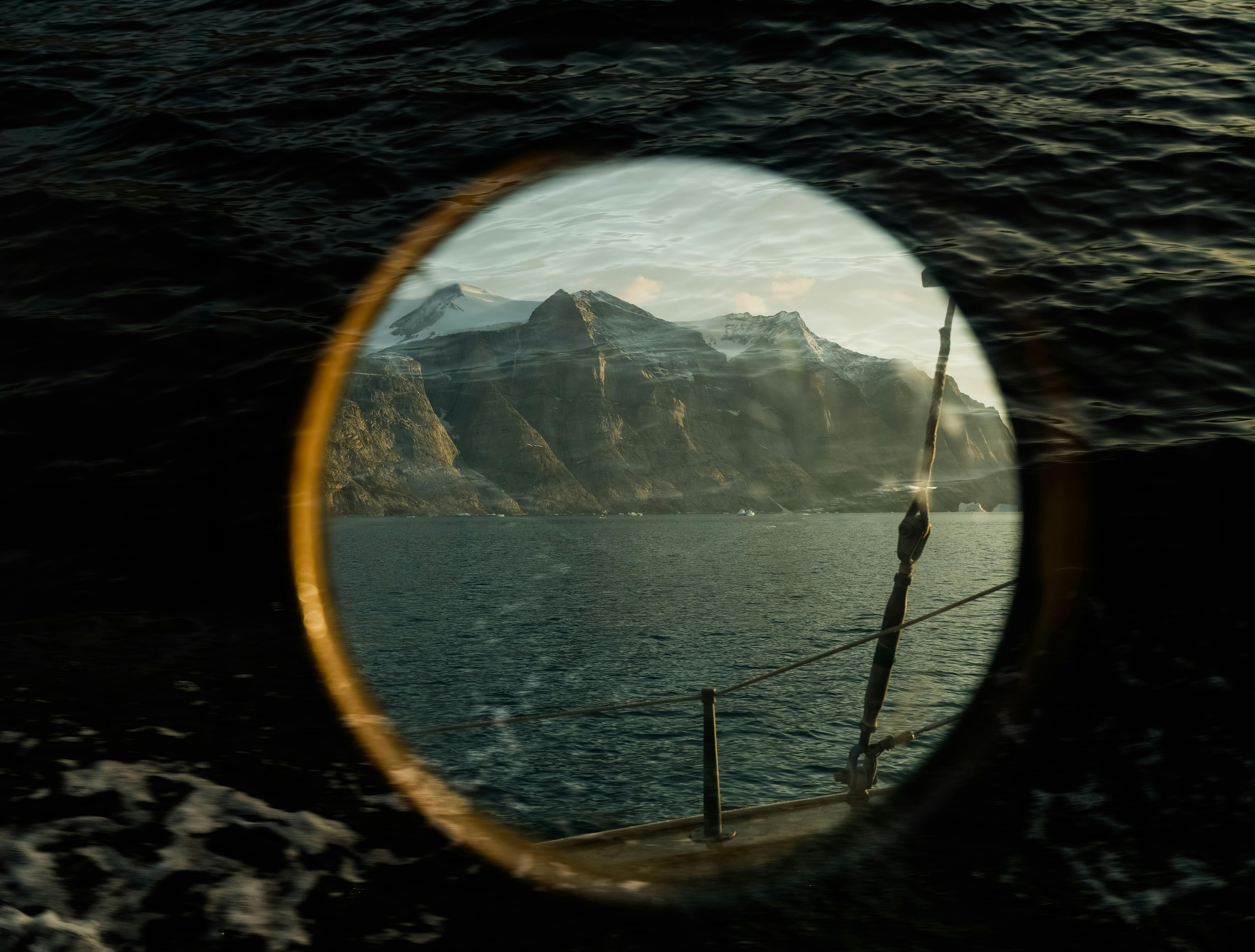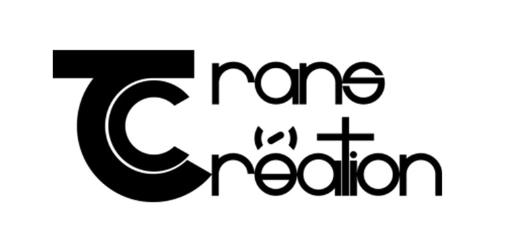CFP: ‘David Cronenberg, Adaptator’ (Transcr(é)ation Winter 2024)
CFP: David Cronenberg, Adaptor
Transcr(é)ation, Winter 2024
*Submissions welcome in either English or French*
As soon as 1983, Toronto director David Cronenberg abandons original screenplays and turns to the practice of adaptation with The Dead Zone (1983), adapted from Stephen King’s eponymous horror novel (1979). An avalanche of adaptations of all kinds then follows. Cronenberg indeed proves to be as inspired by short stories (The Fly (1986) is adapted from the fantastic short story by George Langelaan (1957)), as by novels — as evidenced by the many examples, over three decades, including less studied features such as Spider (2002) or Cosmopolis (2012), respectively adapted from the eponymous novels by Patrick McGrath (1990) and Don DeLillo (2003) —, or by plays (M. Butterfly (1993) adapted from David H. Hwang’s 1988 drama and A Dangerous Method (2011) from Christopher Hampton’s “The talking cure” (2002)), not to mention his interest in graphic novels (as evidenced by A History of Violence (2005), adapted from John Wagner’s and Vince Locke’s work (1997)).
The aesthetics of horror as well as the themes informing his filmography raise Cronenberg to the status of cult director, incessantly recalling his penchant for transgression, his obsession with horror and violence. This observation is also true as regards his adaptations although the choices he made are, for this corpus, mainly induced by the original texts. Let us only think about Dead Ringers (1988), adapted from the novel Twins by Bari Wood and Jack Geasland (1971), Naked Lunch (1991), drawn from William S. Burroughs’ seminal novel (1959), and Crash (1996), based on John G. Ballard’s eponymous novel (1973)—the source texts selected are inevitably in symbiosis with the director’s fascination for transgressing the limits of what is acceptable.
The themes of monstrosity and disease, metamorphosis or double, addictions of multiple kinds and the art of violence run through the corpus of Cronenberg’s adaptations. While some have certainly been studied by critics, this has not necessarily been done in connection with the texts that inspired the director. We therefore propose this dossier on the adaptations of David Cronenberg in order to continue the debate started on the director, his favorite themes and the aesthetics of his films. Studies on one of his adaptations, on several films, or on his entire adapted filmography are welcome, as well as unpublished interviews with the director, screenwriters or authors of source texts (or novelizations, when the film was later adapted into a novel as is the case with Maps to the Stars (Bruce Wagner, 2014)). We are also interested in original articles focusing on similarities – thematic and stylistic – between two or more of Cronenberg’s films (Videodrome (1983) and eXistenZ (1999), to give one example).
Please find below a proposed blueprint for reflection:
- Cronenberg’s aesthetics and relationship to source texts
- Cronenberg’s discourse on his relationship to adaptation
- Literary genre and adaptations
- Diachronic approach to Cronenberg adaptations
- Transgression, violence, horror, etc. between literature and cinema
Timeline
- Deadline for submitting your proposal (including title, 250-300 word summary, address, affiliation and author’s biobibliography (approx. 150 words)): September 15th, 2023, to: transcreation.journal@gmail.com (All submissions will be evaluated and you will receive an answer before the end of August)
- Deadline for submitting accepted articles (6,000 – 8,000 words) following the journal’s guidelines: December 15th, 2023 (peer-reviewing process could last until the end of January)
- Publication of the volume planned for March 2024
Reads the full CFP here
About Transcr(é)ation
Transcr(é)ation is a specialty journal dedicated to intermediality and the dialogues between texts and films, without prioritizing either. This term has been borrowed from translation studies in order to shed some light on the benefits of such a dialogue between the media. We welcome any theoretical or analytical works, interviews, and thematic dossiers on the questions of intermediality, transposition between media, dialogue between and through the arts, or any other foray into related subjects.



